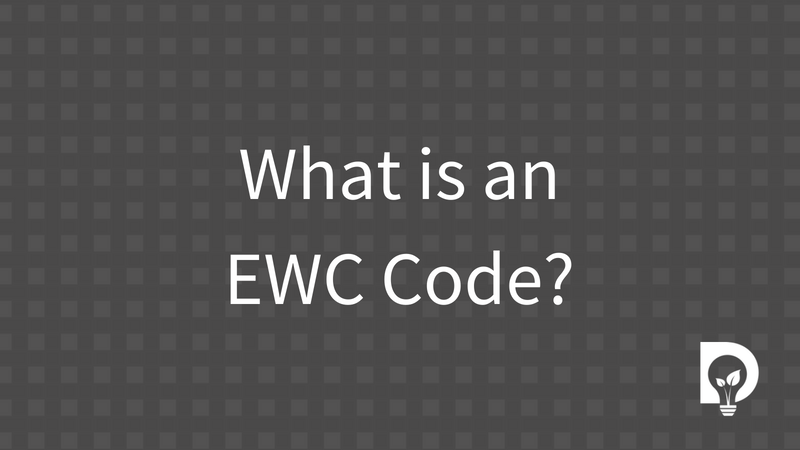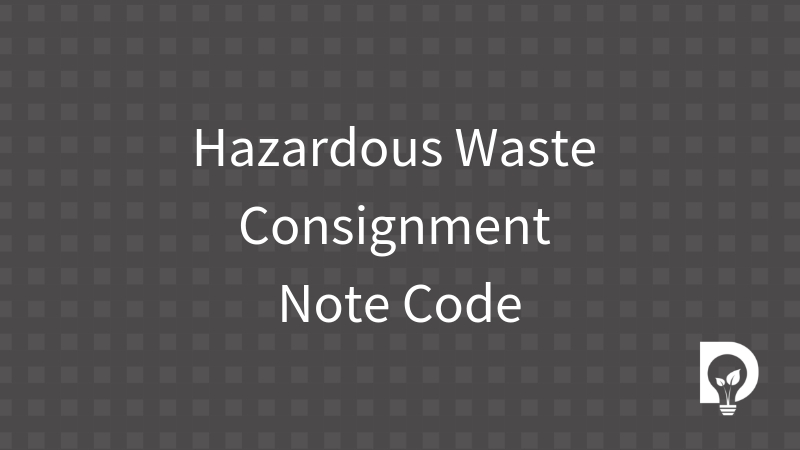
Waste? What is waste? At it's simplest waste is any substance or object which the holder discards or intends or is required to discard that’s how the UK Government defines it.
But what do you think of when you think “waste”? Perhaps unnecessary extravagance, or the tomatoes you forgot were in your fridge. You think of time that could have been better spent or rubbish getting tossed into a landfill. While an environmental definition includes those materials that cannot be repurposed, like rotten vegetables and plastic wrappers, it involves far more than that.
The waste industry is full of jargon. Look at the definition “substance”, “object”, “holder”, “discards”! What we didn’t realise was that even the word “waste” was a confusing term. We were once told by a large, international organisation with 500+ employees across hundreds of sites that they didn’t have waste as everything was recycled.
Rubbish, recycling, trash, junk, residual. Call it what you want but all these terms mean “waste” and it is something that every single one of us deals with. We all need to be aware of the meaning of waste because all waste producers have a legal obligation, or duty of care, to ensure that waste is disposed of correctly.
Am I a waste producer?
Yes, from the individual up to large businesses, everyone is a waste producer. Even the most sustainable small household will produce some waste.
What is the definition of waste?
The UK government defines waste “…any substance or object which the holder discards or intends or is required to discard…”. Waste can be classified through List of Waste (LoW) or European Waste Catalogue (EWC) codes.
Any material that is thrown away is waste. This includes items which are recycled or reused in addition to materials that go to landfill. This includes rubbish, goods that can be recycled and the local council’s food waste collection among others. Anyone who discards is considered a waste producer, scaling from individual to business level.
Why is it still waste if it is recycled? It hasn’t been wasted.
Recycling, whilst better than materials going to landfill, still is the discarding of stuff. There is no “away” and turning items that are no longer needed into new materials does not mean that the items are any less discarded.
Accidental Waste is also still considered to be waste. This can include:
- Leaks of fuel
- Left-over building materials
- Out of Date Goods
What are the types of waste?
In order to be disposed of correctly, waste needs to be classified. According to the UK government, waste can be classified by describing the following:
- “the waste classification code, also referred to as LoW (List of Waste) or EWC (European Waste Catalogue) code - you can find some common classification codes in parts 2 to 6 of this guide
- whether it is hazardous
- the type of premises or business where the waste was produced
- the name of the substance or substances
- the process that produced the waste
- a chemical and physical analysis
- any special problems, requirements or knowledge related to the waste
You must consider all the waste your business produces”
How many types of waste are there?
There are six types of waste:
- Controlled Waste
- Household Waste
- Clinical Waste
- Hazardous Waste
- Agricultural Waste
- Radioactive Waste
These different categories help to determine the classification of waste.
What is Controlled Waste?
Controlled waste can be from household, commercial or industrial sources and is any waste covered by the Environmental Protection Act that is not covered by other legislative measures. It can be considered “household” wastes that are coming from non-domestic sources, like prisons, charities,or hospitals. Controlled Waste is covered by the Controlled Waste Legislation. Controlled waste regulations save councils money by allowing them to charge for collection of this waste. Some large organisations are excluded from this, such as charity shops and further education colleges.
What is Household Waste?
Household waste is municipal waste, typically collected by the local authority and referred to as Local Authority Collected Waste (LACW). Household waste can be both hazardous and non-hazardous and individuals need to be sure they are exercising their duty of care when disposing of domestic waste. This waste includes recycling, like paper and cardboard, as well as waste that goes to landfill like food scraps and nappies. Hazardous materials may include batteries and cleaners, that can only be disposed of under certain circumstances.
What is Clinical Waste?
Clinical waste, or healthcare waste, comes from hospitals and similar settings. Clinical waste can be hazardous if it is infectious or medicine based. Non-hazardous clinical waste, often “offensive waste,” is non-infectious or hazardous but might still be unpleasant to handle. Healthcare waste is found in Chapter 18 of the EWC and can be classified using government guidance.
What is Hazardous Waste?
Denoted in EWC codes by an asterisk (*), Hazardous waste, or “special” waste if you’re in Scotland, includes wastes that have specific detriment to human health. This includes a variety of acids and processed materials. Hazardous waste producers can be domestic or industrial. Transfer of hazardous waste requires a completed consignment note. Waste is considered hazardous when it can cause harm to living things or the environment, and can include a number of materials including asbestos, batteries, solvents, chemicals and oils. Hazardous waste must be segregated and stored separately to non-hazardous waste and has strict regulations on its storage, transfer, and disposal. Producers must keep hazardous waste records for a minimum of 3 years.
What is Agricultural Waste?
Waste Management Regulations across the UK cover agricultural waste, which includes any natural and non-natural waste produced on farms or through farming. Non-natural wastes can be hazardous or not and include materials like plastics like tarps, pesticides containers, unused medicine for animals, waste oils and others. Natural waste can include manures and slurries, however in certain circumstances these can be exempt from regulations. Farming waste must follow regular Duty-of-Care regarding disposal and licensing.
What is Radioactive Waste?
Radioactive waste is any waste that contains radioactive materials and has no further use. Radioactive waste can be classified at three levels: low, intermediate, and high-level waste and has different storage and disposal requirements at each level. Low-level waste (LLW) is disposed of in authorised sites in a vault system. Intermediate-level waste (ILW) might require further treatment and are divided into packages which are stored until they can be disposed. High-level waste (HLW) is typically liquid and derived directly from nuclear processes, which is then mixed and melted with glass to be stored for suitable disposal.



